Fertility
There’re many reasons why men and women cannot conceive, even after a previous pregnancy. Either due to dysfunctions in the reproductive system or because the gametes have alterations. Discover the different aspects involved and their treatments.
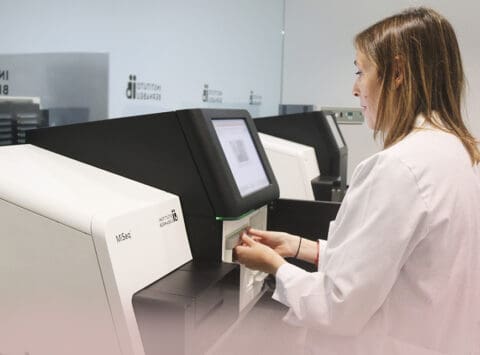
Next-generation sequencing (NGS) panels and recurrent pregnancy loss
Pregnancy loss is an important issue in the field of reproductive healthcare. It is generally a rather traumatic experience for women and/or their partners, and can even have a significant psychological impact. The incidence rate […]
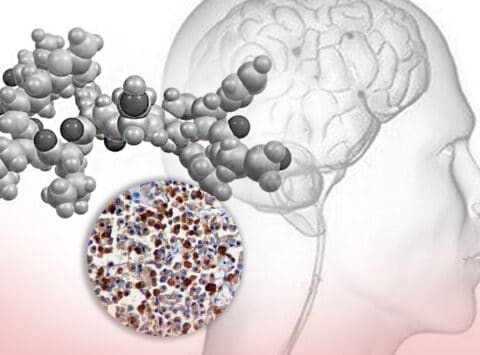
When it comes to trying for a child, there are many things to consider, including hormone levels in the progenitors. Sometimes, misalignments in expected values can be an impediment to pregnancy. Biologist Azahara Turienzo explains […]

What should you ask and know during your first fertility visit?
At Instituto Bernabéu we consider the patient’s first contact with our team to be of great importance. The comprehensive assistance we offer from the very first moment, in the hands of all the Instituto Bernabeu […]
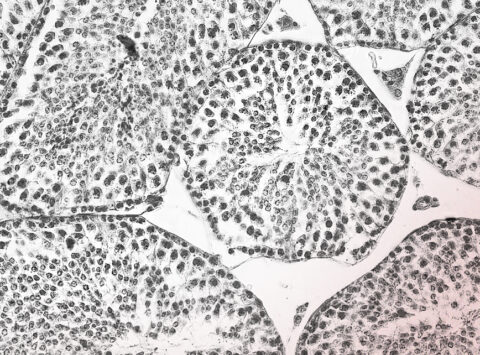
Infection of the male urogenital tract is a potentially curable cause of male infertility. WHO considers urethritis, prostatitis, orchitis and epididymitis to be infections of the male accessory glands. How can I tell if I […]
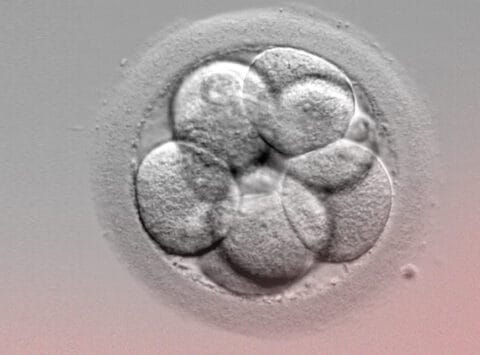
Embryo transfer: How many embryos should be transferred?
In recent years, thanks to long culture and the use of time-lapse incubators, we have been able to preserve embryos in the in vitro fertilisation (IVF) laboratory until day 5-6 of embryo development. This has […]
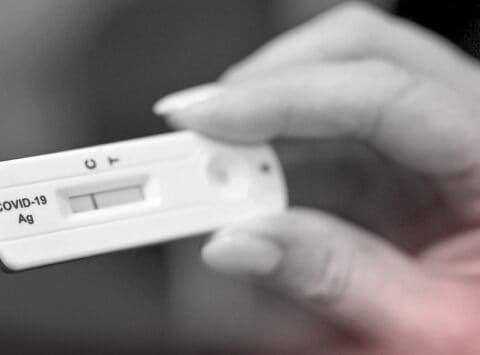
Since December 2019, the world’s focus has been on the appearance of a new Coronavirus causing Severe Acute Respiratory Syndrome (SARS-CoV-2). This virus is responsible for the pandemic that is currently affecting us globally and […]
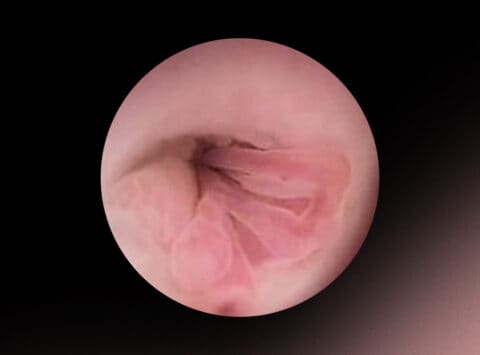
Uterine fibroids: how do they affect fertility and pregnancy?
Embryo nesting in the mother’s uterus can be affected by many factors. Among them, the existence of fibroids. Fibroids, also known as leiomyomas, are benign tumours of the uterine wall smooth muscle, which can appear […]
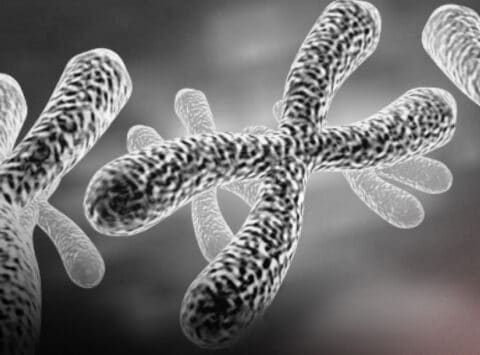
Fertigenetics; Genetic tests to improve reproductive prognosis
It is estimated that around 15% of couples are infertile, that is, they are unable to complete a pregnancy and carry it to term. The origin of infertility is very varied and includes, among others, […]
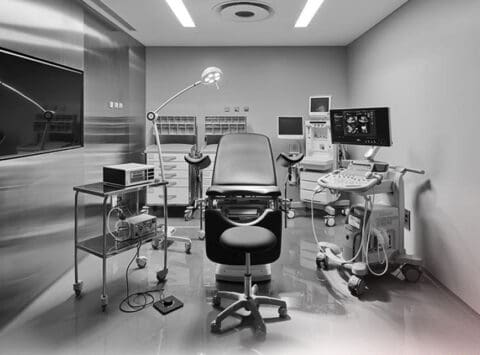
There are multiple pathologies and/or anatomical alterations in the female reproductive system that can be the cause of not obtaining a pregnancy and that on many occasions require surgery, the most frequent are: What are […]

